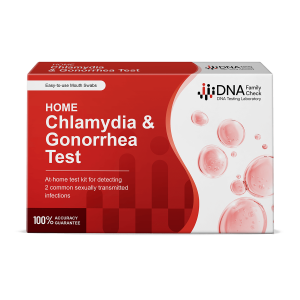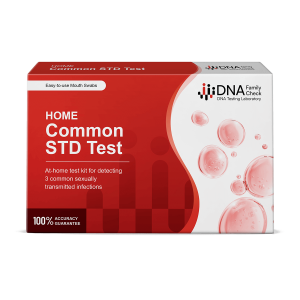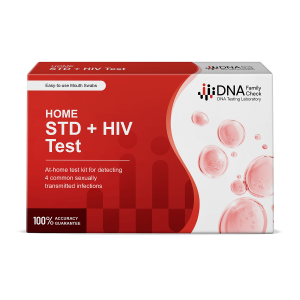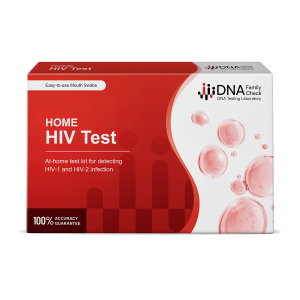DNA Family Check™
Fast, Accurate & Discreet
Home Test Kits
Conclusive results for difficult questions
Find out the truth about family relationship statuses. It’s fast and painless!
Home Paternity Test Kit
$99 $180 (Limited Time 45% Off)
Includes lab fees, free U.S. shipping, and 1-2 day results.
Relationship Kits
Explore family relationships with DNA testing at home.
- Results in 1 to 2 days
- Free shipping both ways
- Real-time status updates

DNA Paternity Test Kit
Conclusively determine whether an alleged father is the true biological father of a child.
$180.00 Original price was: $180.00.$99.00Current price is: $99.00.
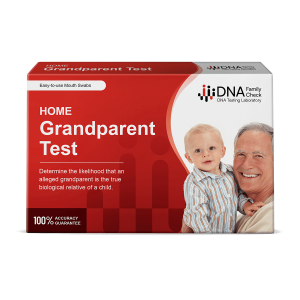
DNA Grandparent Test Kit
Determine the likelihood that an alleged grandparent is the true biological relative of a child.
$271.00 Original price was: $271.00.$149.00Current price is: $149.00.
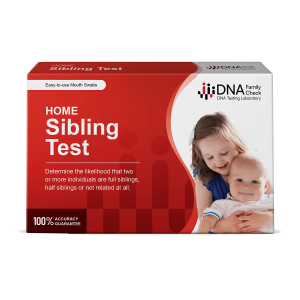
DNA Sibling Test Kit
Determine the likelihood that two or more individuals are full siblings, half siblings or not related at all.
$271.00 Original price was: $271.00.$149.00Current price is: $149.00.
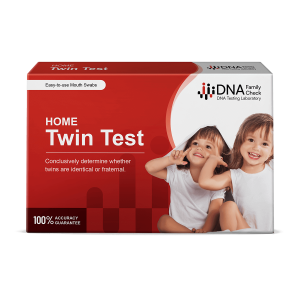
DNA Twin Test Kit
Conclusively determine whether twins are identical (monozygotic) or fraternal (dizygotic).
$271.00 Original price was: $271.00.$149.00Current price is: $149.00.

DNA Aunt/Uncle Test Kit
Determine the likelihood that an alleged aunt or uncle is the true biological relative of a child.
$271.00 Original price was: $271.00.$149.00Current price is: $149.00.
STI Test Kits
Discreetly check for STDs from the privacy of home.
- Results in 1 to 3 days
- CLIA-certified laboratory
- Doctor-reviewed results
